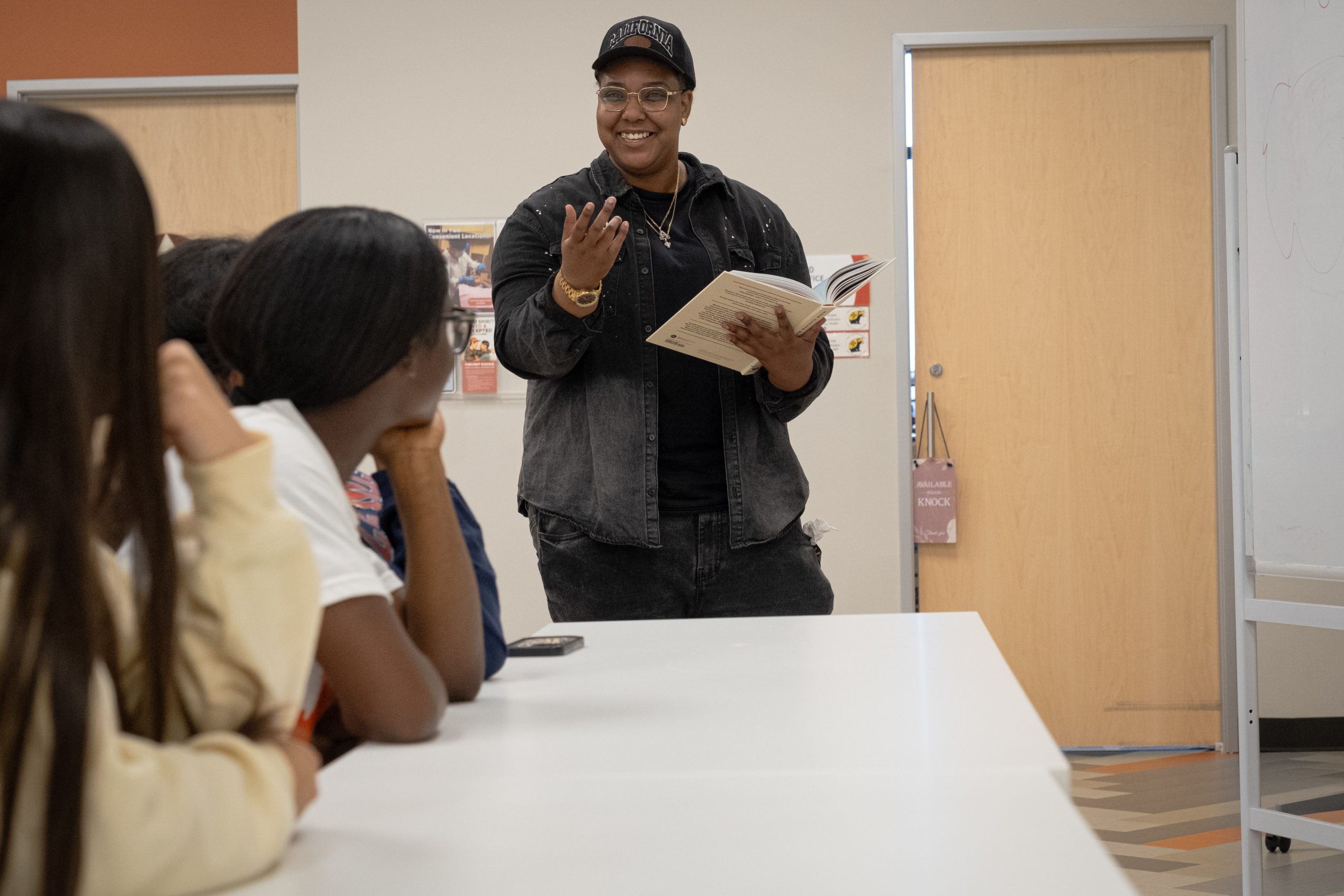
The evidence-based practices (EBP) and community-defined evidence practices (CDEP) grant program aims to improve children and youth behavioral health by leveraging practices with robust evidence for effectiveness and prioritizing impact on racial equity and sustainability. Toward that goal, the Department of Health Care Services (DHCS) is disbursing grant funding to community-based organizations, schools or school districts, faith-based organizations, child care centers, providers, hospitals and clinics to build capacity and capabilities to deliver to communities in need.
By scaling EBPs and CDEPs throughout the state, DHCS aims to improve access to critical behavioral health interventions, including those focused on prevention, early intervention and resiliency/recovery for children and youth, with a specific focus on children and youth who are from the following groups: Black, Indigenous, and People of Color (BIPOC) and/or the LGBTQIA+ community.
To date, the program has awarded $305 million to 481 entities across five grant rounds:
Improve timely access to accessible, high-quality, appropriate, evidence-based (including community-defined evidence) care for all children and youth.
Maximize impact and reduce disparities for all children and youth with an emphasis on programs and practices that focus on marginalized communities.
Incorporate youth and family voices to ensure that the selected programs and practices resonate with a diverse audience.
Focus on the upstream continuum of care to reduce the risk of significant behavioral health concerns in the future.
Use a data-driven approach to expand the use of evidence-based and community-defined evidence behavioral health services.